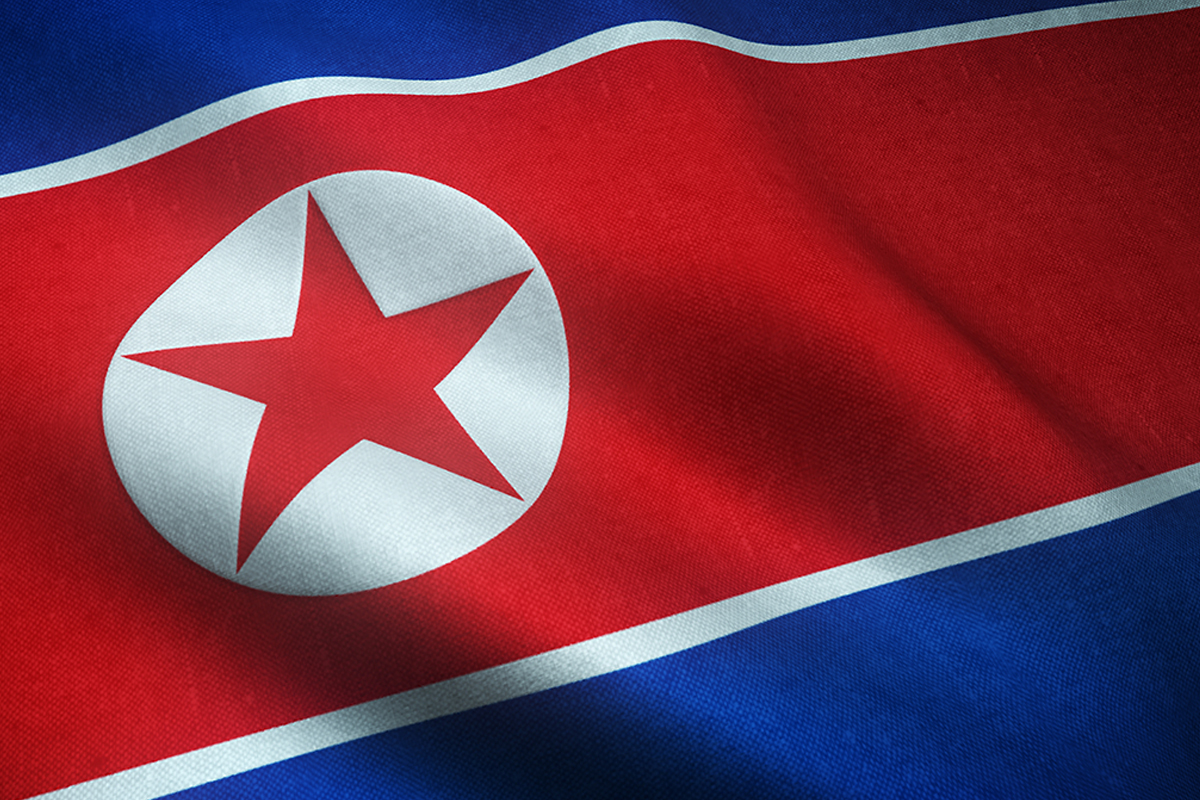South Korea’s military has strongly condemned North Korea’s recent artillery fire into a maritime buffer zone, raising tensions in an area that has been a source of conflict between the two nations for decades. The provocative act, involving more than 200 rounds of artillery fired by North Korea, occurred off the west coast, dangerously close to South Korea’s Baengnyeong and Yeonpyeong islands. The incident is seen as a significant escalation, with South Korea’s Joint Chiefs of Staff (JCS) labelling it as a “provocative act that threatens peace and heightens tension on the Korean Peninsula.”
Escalating Tensions in the Buffer Zone:
The recent artillery fire by North Korea fell north of the Northern Limit Line (NLL), a disputed border established by the United Nations at the conclusion of the Korean War in 1953. Fortunately, the rounds did not result in harm to civilians or the military. However, South Korea’s response was swift and firm, as its military conducted a maritime shooting exercise to counter North Korea’s provocative actions.
According to South Korea’s defence ministry, this exercise aimed to “respond to North Korea’s provocation of shooting artilleries inside the no-hostile act zone this morning.” Although there were no unusual movements detected by the North Korean military during this exercise, it underscores the ongoing tensions and the potential for further escalations.
Residents of Yeonpyeong Island, a small territory with over 2,100 inhabitants, were ordered to evacuate to nearby shelters and refrain from outdoor activities as a precautionary measure. The situation on Baengnyeong Island, which houses more than 4,900 residents, was equally tense.
Historical Context:
North Korea’s decision to fire artillery into the maritime buffer zone is not without precedent. The hermit nation resumed such actions after scrapping an inter-Korean military agreement in November. This agreement, signed in 2018 to maintain peace and expand the buffer zone, has since unravelled, leading to deteriorating relations between the two Koreas.
The Future of Korean Relations:
The situation has been further complicated by North Korean leader Kim Jong Un’s recent statement that his nation will no longer pursue reconciliation and reunification with South Korea. Kim characterized the inter-Korean relationship as “a relationship between two hostile countries and two belligerents at war.” Furthermore, he warned that any attempt at military confrontation by the United States and South Korea would provoke North Korea’s “nuclear war deterrent.”
The recent artillery fire by North Korea into the maritime buffer zone near the Northern Limit Line serves as a stark reminder of the ongoing tensions between the two Koreas. With relations deteriorating and diplomatic efforts to end the Korean War faltering, the situation in the Korean Peninsula remains precarious. The international community must closely monitor developments and seek peaceful solutions to avoid further escalation in this volatile region.







